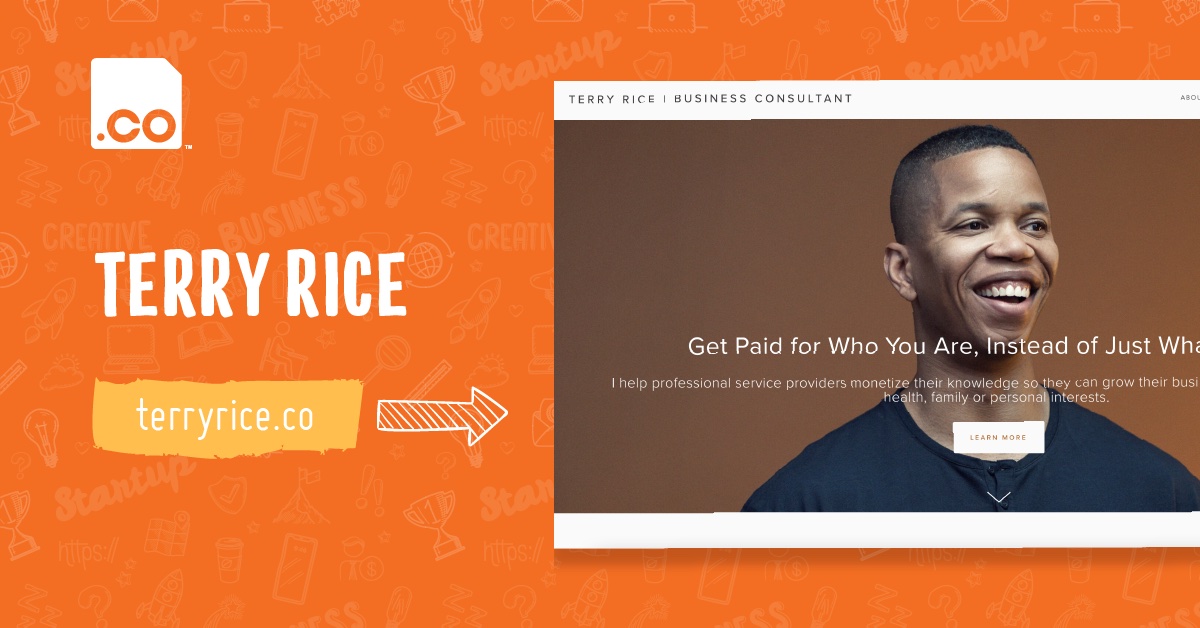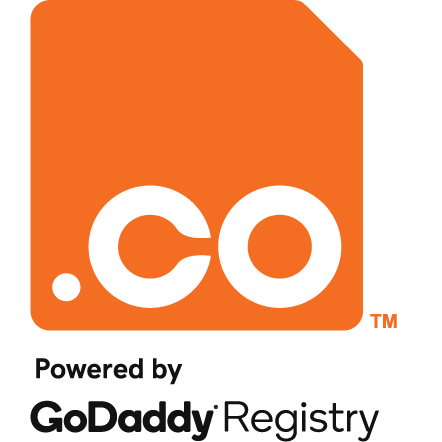Ask any successful entrepreneur, learning when to log off is just as challenging as learning how to grow a company. Like any other habit, one’s approach to work-life balance is deeply ingrained in us.
“I grew up in a ‘work-aholic’ family,” says tech entrepreneur Seth Casden. “Dinner with my father was once a week on Thursdays. We rarely saw him otherwise. He left before we got up and we went to sleep before he got home.” He adds that his father would go into the office during weekends, missed family vacations, and was often missing from the benches during school sporting events.
Casden wants to draw positivity from the negative memories. “My goal was to take his work ethic and turn it into a positive one. I wanted to be home with my family as much as possible, and advances in technology have turned that dream into a reality.”

Today, Casden is the CEO and co-founder of Hologenix, a Los-Angeles-based company that focuses on how responsive textiles can improve the quality of people’s lives, including tissue oxygen levels, athletic performance and recovery, sleep quality, and general health and wellness. He now feels compelled to live in-line with his company’s mission of holistic health and wellness–including striking a good balance between work and life. According to Casden, the key to making it all work is less about work-life balance and more so about work-life integration, or the ability to successfully integrate family and work so that the needs for both life facets are met. Here’s how:
.CO: What is the difference between work-life balance vs. work-life integration?
Casden: The difference is that previously we tried to compartmentalize work and life to keep distinct boundaries between the two. Work-life integration is recognizing this is simply not possible for many of us as we check emails 24/7, and our minds often wander to problems we need to solve at all hours of the day.
.CO: What does work-life integration mean to you?
Casden: It means keeping a healthy perspective on why I “work” and what that means in my life. I enjoy my work, and it supports my family, so I am free to tackle issues as they come up, weekends included, and it isn’t a burden so much as an opportunity to advance my dreams and desires. To be able to successfully integrate means that I can skip out of work at 11 a.m. on a weekday to go see my son’s school performance and not feel guilty. I can come in late on a Monday morning, so I can take my son to school. It also means that I am free to schedule my personal’s trainer’s only available Tuesday afternoon swim session.
.CO: What are 2-3 ways companies implement work-life integration for their employees?
Casden:
- Movie nights
- Weekend picnics, excursions and experiential learning activities (we have taken our team to work with horses and participate in equine therapy)
- Annual “all family” retreat (we have taken our team and their family to Lake Tahoe)
.CO: What aspects of self-care are the most important in work-life integration?
Casden: Recognizing that your work is going to blur into your personal and private life helps place a renewed focus and importance on your self-care needs because the integration is never going to be achievable otherwise. You still need and require enough sleep and self-care: proper nutrition, quiet/meditation time, daily “technology-free zones/blocks” and interrupted/focused time with your significant other and children. If you invest and dedicate time and space for these activities then when you need to answer emails one night instead of the family dinner or skip a school event to finish a project, your family will understand and support you – and you will feel free to do so knowing you’ll make the next one!





